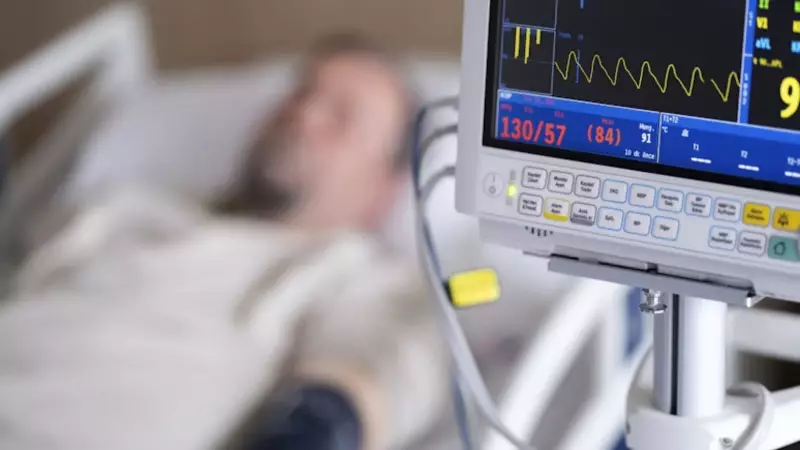
Heart attacks don't always announce themselves with dramatic chest-clutching scenes like we see in movies. For women especially, the warning signs can be subtle, easily mistaken for less serious conditions. Recognizing these silent symptoms could be the difference between life and death.
What Makes Heart Attacks Different for Women?
Women experience heart attacks differently than men, and this difference often leads to delayed diagnosis and treatment. While men typically report classic chest pain, women are more likely to experience what medical professionals call "silent" or atypical symptoms. These subtle warnings frequently get dismissed as stress, fatigue, or minor ailments.
The most alarming fact is that many women who experience silent heart attacks don't realize they're having one until days, weeks, or even months later, when follow-up tests reveal heart damage. This delayed recognition significantly impacts recovery and long-term heart health.
Seven Critical Warning Signs Every Woman Should Know
Being aware of these subtle symptoms can save lives. Here are the seven most common silent heart attack signs in women:
1. Unusual Fatigue: This isn't ordinary tiredness. Women report feeling suddenly exhausted despite adequate rest, sometimes describing it as "walking through mud" or "hit-by-a-truck" fatigue. The fatigue often appears without physical exertion and may worsen with activity.
2. Shortness of Breath: Difficulty breathing without obvious cause, especially when it occurs at rest or with minimal activity, can signal heart trouble. Women describe feeling suddenly winded when walking short distances or even while sitting still.
3. Back, Neck or Jaw Pain: Unlike the classic left-arm pain, women often experience discomfort in their upper back, neck, or jaw. This pain may come and go rather than remain constant, making it easy to attribute to muscle strain or dental issues.
4. Nausea and Indigestion: Unexplained nausea, vomiting, or severe indigestion that feels different from normal stomach issues can be cardiac-related. Many women mistake these symptoms for food poisoning or acid reflux.
5. Dizziness and Lightheadedness: Feeling suddenly dizzy, lightheaded, or experiencing unexplained balance problems can indicate reduced blood flow to the heart affecting circulation to the brain.
6. Upper Body Discomfort: This includes pain or discomfort in one or both arms, the back, shoulders, stomach, or even between the shoulder blades. The discomfort might be mild or come in waves.
7. General Malaise: A general feeling of being unwell, anxious, or having a sense of "impending doom" without clear reason. Some women report unexplained anxiety attacks or feeling that "something is wrong" without being able to pinpoint why.
Why Women's Symptoms Are Often Missed
Several factors contribute to the under-recognition of heart attacks in women. Historically, heart disease was considered a "man's disease," leading to less awareness about female-specific symptoms. Even healthcare providers might overlook these subtle signs, attributing them to stress, anxiety, or hormonal changes.
Women themselves often downplay their symptoms, prioritizing family and work responsibilities over their health. The absence of dramatic chest pain leads many to assume they're not having a cardiac event. Cultural factors and the tendency to be caregivers rather than care-receivers also play significant roles.
When to Seek Immediate Medical Attention
If you experience any combination of these symptoms, especially if they're unusual for you, seek medical help immediately. Don't wait to see if symptoms improve, and never self-diagnose. Time is critical when dealing with heart attacks - every minute delay means more heart muscle damage.
Call emergency services rather than driving yourself to the hospital. Emergency medical personnel can begin treatment en route and alert the hospital to prepare for your arrival. Be specific about your symptoms when speaking with healthcare providers, and don't hesitate to mention your concern about possible heart issues.
Remember that heart disease remains the leading cause of death for women worldwide. Recognizing these silent signs and taking prompt action can significantly improve outcomes and save lives. Your heart health deserves immediate attention and appropriate medical care.





